SUMMARY
This is AI generated summarization, which may have errors. For context, always refer to the full article.

European Central Bank (ECB) policymakers voiced more support on Thursday, September 29, for another big interest rate hike as inflation in the eurozone’s biggest economy hit double digits, blasting past expectations and heralding another record reading for the bloc as a whole.
The ECB has raised rates by a combined 125 basis points over its last two meetings and promised further increases as sky-high food and energy prices filter into the rest of the economy and intensify underlying price pressures.
Strengthening the case for another 75-basis-point increase, German inflation jumped to 10.9% this month, far beyond expectations for a reading of 10%. That suggests the figure for the wider 19-country eurozone, due on Friday, September 30, is also likely to exceed the predicted 9.6%.
“My choice would be 75 [basis points],” ECB policymaker Gediminas Simkus told Bloomberg TV on the sidelines of a conference in Vilnius. “But 50 is the minimum.”
Colleagues including Slovakia’s Peter Kazimir, Austria’s Robert Holzmann, and Finland’s Olli Rehn have all put 75 basis points on the table in recent days, even though the ECB’s next meeting on October 27 is still nearly a month away.
But Simkus, like Holzmann a day earlier, pushed back on suggestions of a 100-basis-point move, suggesting that a repeat of this month’s 75-basis-point hike is the upper limit of hawks’ appetite even if price pressures are far from abating.
Speaking later on CNBC, ECB Chief Economist Philip Lane said the central bank should avoid doing “too much in one go” and increase rates over several months after what he described as “sizable moves” in the last two meetings.
“There is no easing in sight, and next year the inflation rate is only likely to fall because energy prices are unlikely to rise again as strongly as this year, partly due to government intervention,” Commerzbank economist Ralph Solveen said of the German inflation figures.
While few governors ventured to estimate where interest rate hikes could end, Spain’s Pablo Hernandez de Cos said on Thursday that models suggest a significantly lower terminal rate than markets now expect.
“On the basis of current information, the median terminal rate value across models is at 2.25% to 2.50%,” de Cos said.
Markets currently expect rates to hit 2% by the end of the year then rise to around 3% next spring.
Lane said the ECB “may well” have to go into restrictive territory, meaning a level of interest rates that curbs the economy. That is generally seen as a level of interest rates above 2%.
Rate hike talk is intensifying even as recession fears rise. The European Commission’s economic sentiment indicator released on Thursday fell more sharply than feared, reinforcing expectations that the bloc could be in recession by the fourth quarter.
Balance sheet red line
Lithuania’s Simkus called on the ECB to start talks “as soon as possible” on reducing its balance sheet, a view echoed by his Estonian peer Madis Müller at the same event.
This would probably be done by not replacing some of the trillion euros’ worth of bonds the ECB bought over the past decade – when it was trying to raise price growth that was too low – as they mature.
But Portugal’s Mario Centeno and Spain’s Hernandez de Cos pushed back on that idea, fearing it would destabilize the bond market.
“Quantitative tightening could potentially cause market turmoil,” de Cos said in a speech in Bilbao. “This could imperil the policy normalization path at a time in which all our efforts should be focused on it.”
Indeed, borrowing costs for debt-laden countries like Italy have already been soaring, triggering some speculation the ECB may step up its buying via an emergency program.
But sources have told Reuters this wasn’t seen as needed at present.
De Cos said that if the ECB started to run down its balance sheet sooner than markets now expect, that would lower the terminal rate, which suggests a trade-off between rate hikes and balance sheet operations. – Rappler.com
Add a comment
How does this make you feel?
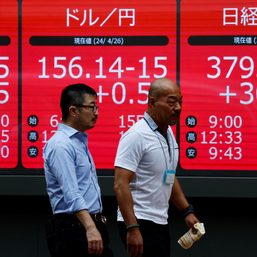
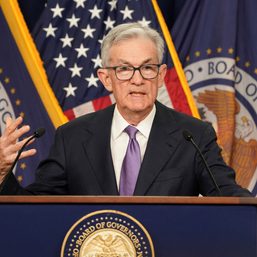
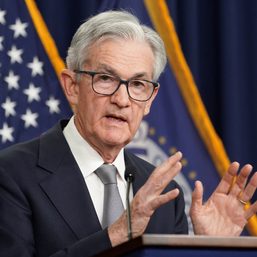
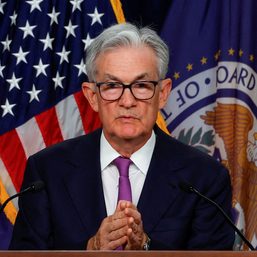
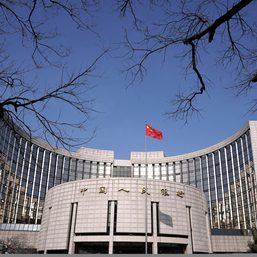





There are no comments yet. Add your comment to start the conversation.